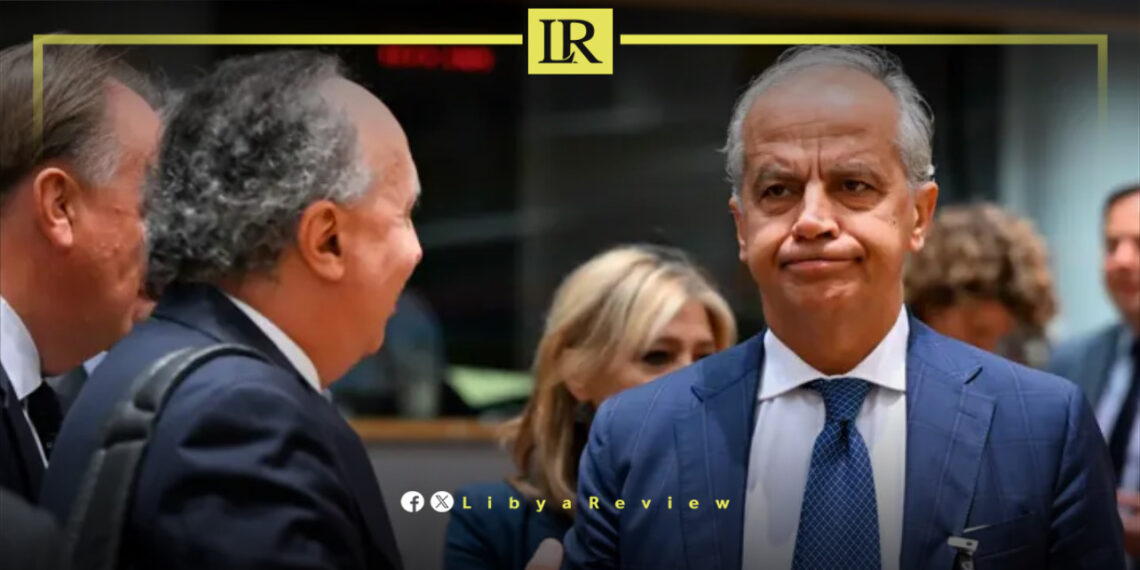On Saturday, the Italian humanitarian organization Mediterranea urged the International Criminal Court (ICC) to investigate Italy’s Interior Minister Matteo Piantedosi for his role in returning migrants intercepted in the Mediterranean to Libya, a practice they argue violates the Geneva Conventions on refugee protection.
This comes as criticism mounts against Italy’s migrant policies, which rights groups claim endanger thousands by sending them back to a country that remains deeply unsafe for migrants.
Mediterranea highlighted the grave consequences of these forced returns, emphasizing that Libya is far from a safe destination for refugees. Migrants sent back to the country face widespread human rights abuses, including arbitrary detention, torture, and human trafficking, often at the hands of militias and armed groups.
The organization called Italy’s actions a blatant violation of international law, urging the ICC to investigate what it considers to be “serious crimes.”
In a statement, Mediterranea described the forced returns as a violation of both the Geneva Conventions and the Hamburg Convention on maritime rescue, which Italy is obligated to uphold. The organization condemned the Italy-Libya cooperation on migrant returns, insisting it endangers lives and undermines basic human rights.
Despite these concerns, Interior Minister Piantedosi recently praised Italy’s ongoing efforts to intercept and return migrants crossing the Mediterranean. In a post on social media platform X (formerly Twitter), Piantedosi announced that Italy had intercepted 16,220 migrants this year alone and returned them “safely” to Libya. He lauded the cooperation between Italy and Libya, saying it had played a key role in curbing human trafficking and reducing migrant deaths at sea.
However, these policies have drawn fierce criticism from human rights organizations, including Mediterranea, which argue that returning migrants to Libya subject them to severe risks, including detention in inhumane conditions. Rights groups emphasize that these returns amount to collective punishment and contravene international standards on the protection of refugees.
For years, both Mediterranea and international organizations like the United Nations have pointed out that Libya cannot be considered a safe destination for migrants. Detention centers in the country, frequently controlled by militias, have become notorious for their horrific conditions. Migrants face daily abuse, exploitation, and severe violations of human rights.
Since 2017, Italy has maintained a controversial agreement with Libya’s Tripoli-based government to prevent migrants from reaching Europe by intercepting them at sea and returning them to Libyan shores.
While the deal was designed to reduce migration flows, it has been widely condemned by human rights groups, who argue it enables the systematic abuse of vulnerable people. Migrants sent back to Libya face detention in facilities rife with torture, exploitation, and forced labor.


